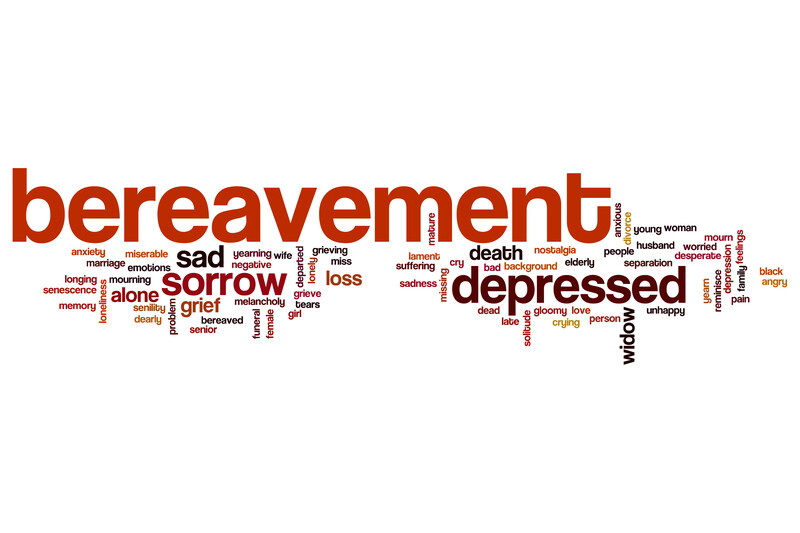Illinois Expands Child Bereavement Leave for Pregnancy Loss, Unsuccessful Reproduction and Failed Adoption
Taking effect on January 1, 2023, Illinois has expanded unpaid bereavement leave for employees dealing with the physical and mental toll of pregnancy loss, unsuccessful fertility treatment and failed adoption and surrogacy undertakings. The law will apply to all employers in the State with 50 or more employees within a 75 mile radius.
Covered employers must provide employees a maximum of two weeks (10 working days) of unpaid leave to attend the funeral of a child, make arrangements necessitated by the death of a child, and grieve the death of a child. An employee would also be allowed the unpaid leave for bereavement of a “covered family member” (defined not only as the employee’s own child, step child, foster child or legal ward, but also a spouse, domestic partner, sibling, parent, mother in law, father in law, grandchild, grandparent or stepparent.)
In addition to the death of a covered family member, the new law will expand the benefit to include grief associated with pregnancy loss, as well as unsuccessful reproduction and failed adoptions. Examples include:
- A miscarriage;
- An unsuccessful round of intrauterine insemination or unsuccessful assisted reproductive technology procedures;
- A failed adoption match or an adoption that is not finalized because it is contested;
- A failed surrogacy agreement; a diagnosis that negatively impacts pregnancy or fertility; or
- A stillbirth.
An employee seeking benefits under the new law will be required to provide appropriate supporting documentation. The new laws’ eligibility requirements track those of the Family and Medical Leave Act (FMLA), meaning, that to be eligible, the employee must have (i) been employed by an employer for at least 1 year; (ii) worked for at least 1250 hours within the prior 12 month period, and worked at a worksite with 50 employees or with 50 employees within a 75 mile radius.
The new law makes it unlawful to discharge, demote, discriminate or take any adverse action against an employee because of the employee seeking benefits and also prohibits retaliation who oppose actions they believe to be in violation of the new law. Employees only have a very short time (60 days) to bring a private action for violations of the law. Damages available include civil penalties per employee affected with a fine of up to $500 for a first offense and up to $1,000 for subsequent violations.
Covered employers should take the following steps to ensure compliance with the law prior to January 1, 2023:
- Review bereavement policies and prepare to modify them to take into account expanded reasons for allowing leave;
- Update employee handbooks as necessary;
- Train all managers and supervisors on the expanded law;
- Notify employees of their rights and responsibilities.
With over 38 years’ experience in advising employers and employees on workplace issues, let Boznos Law work with you to ensure you are ready to meet the challenges posed by severance agreements. Call Bill Boznos today at (630) 375-1958 or contact us at www.boznoslawoffice.com/contact-us through our website at www.boznoslawoffice.com.



